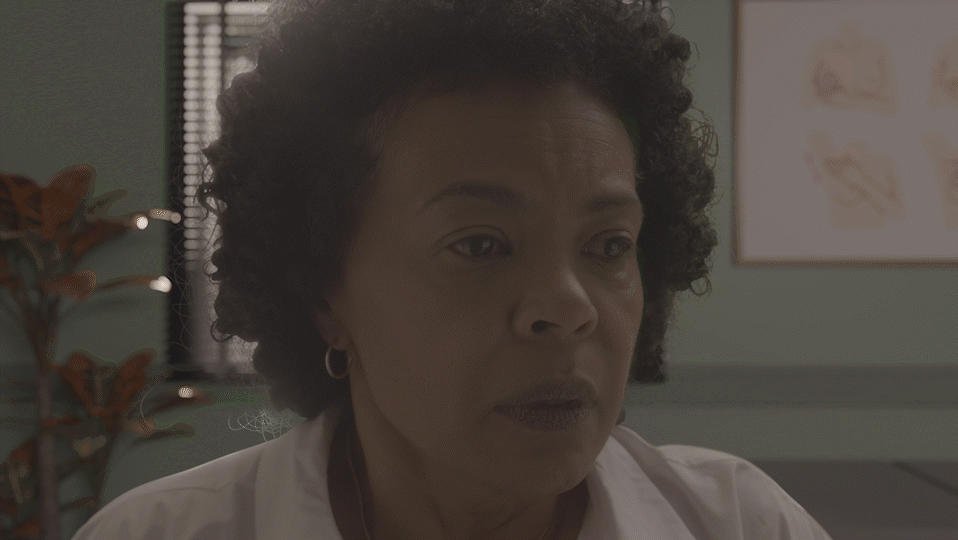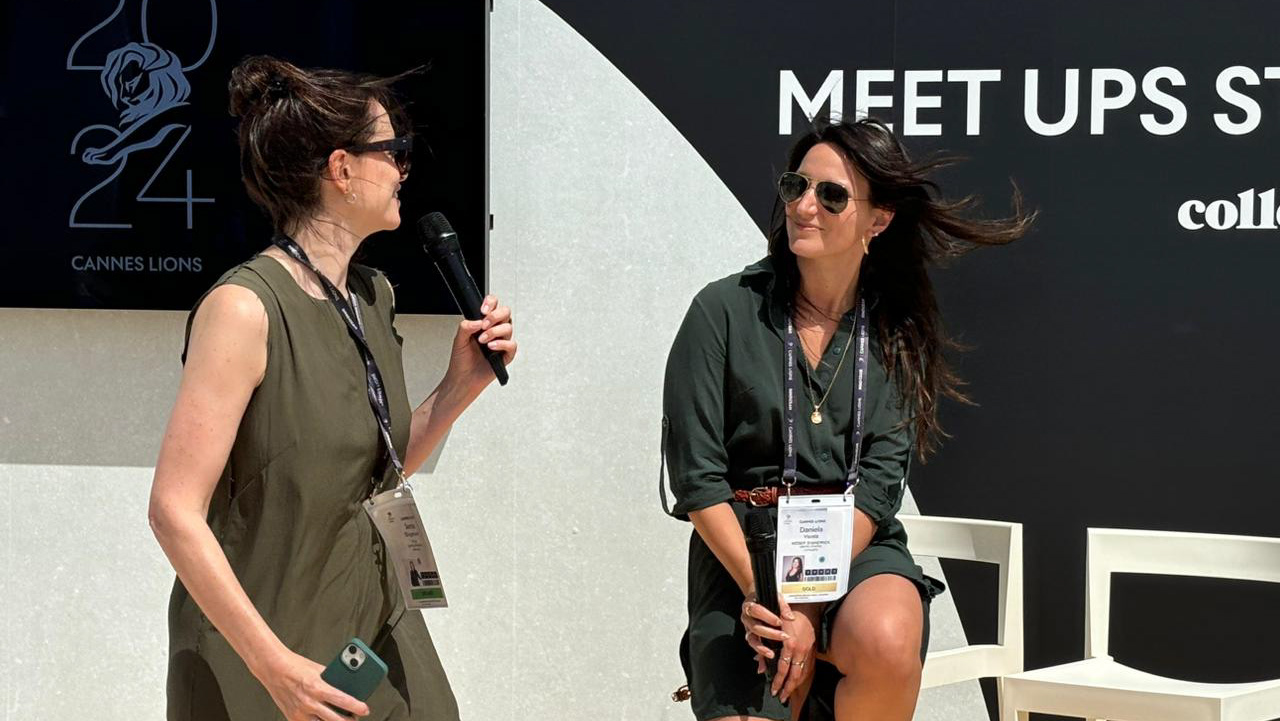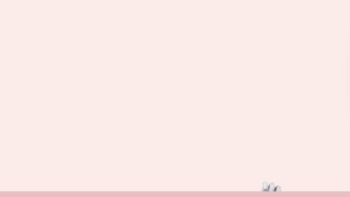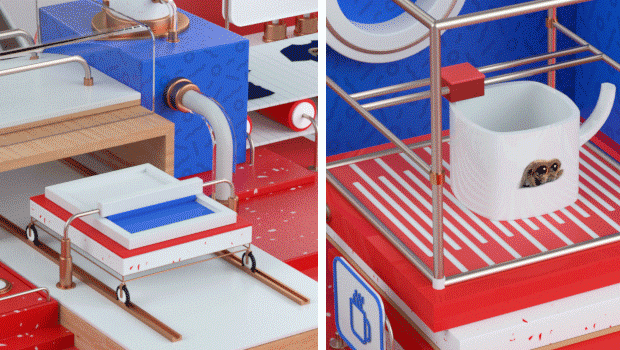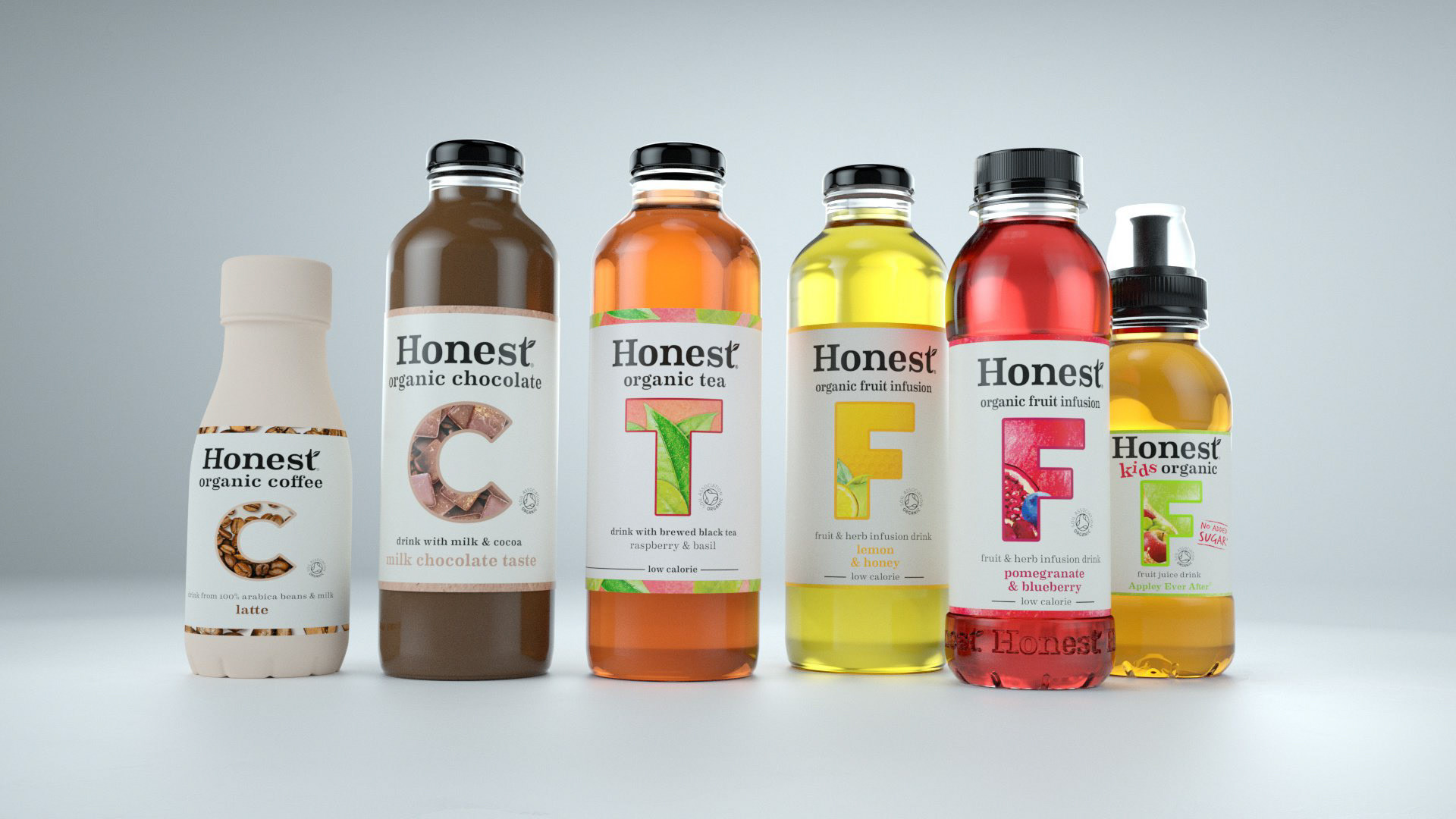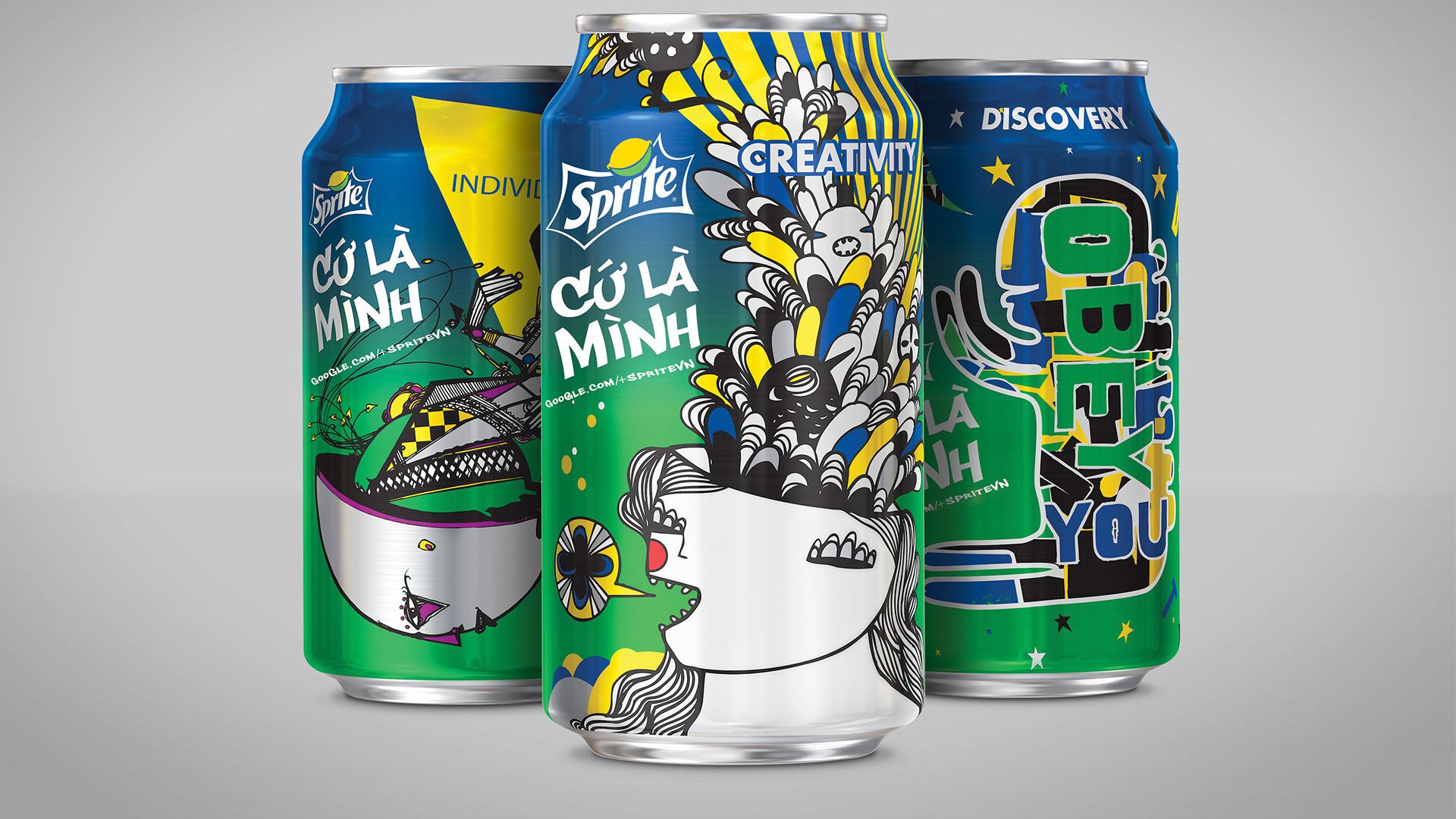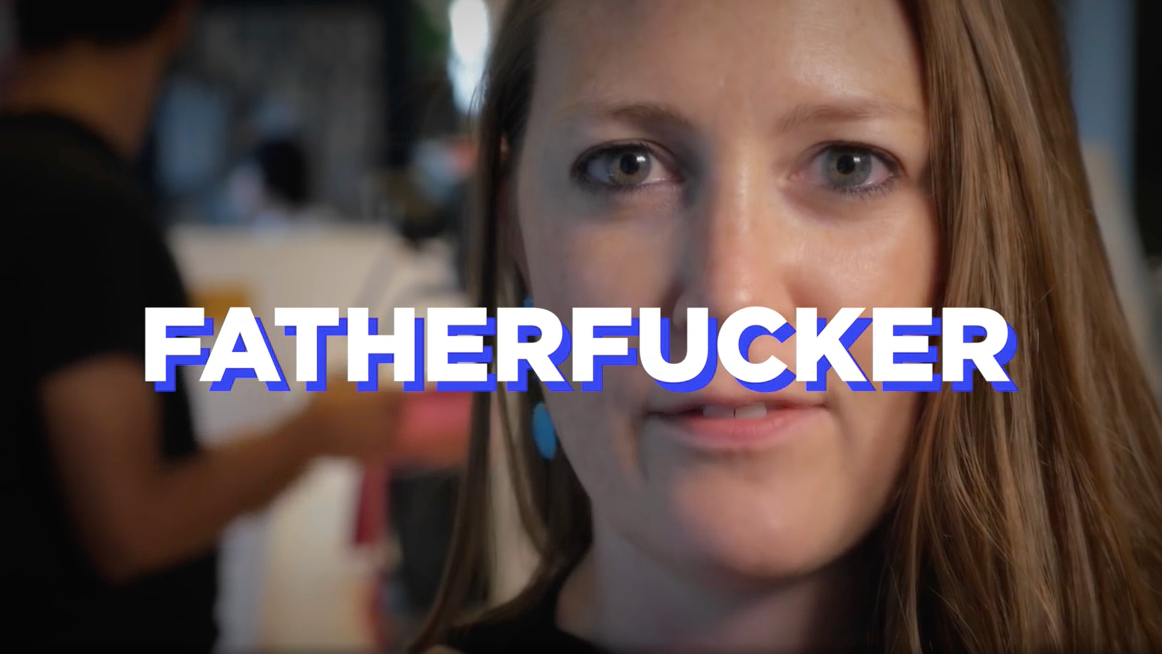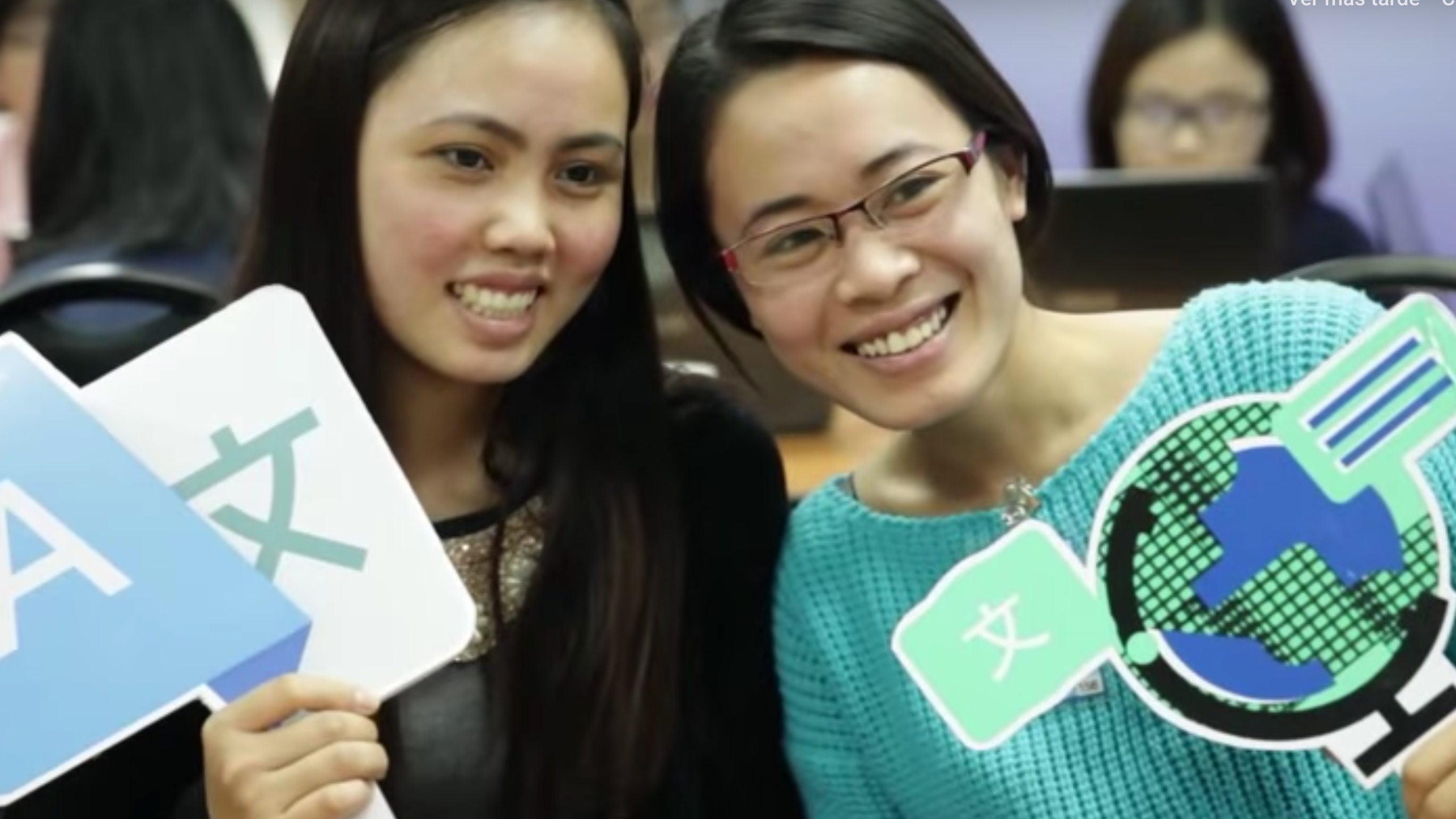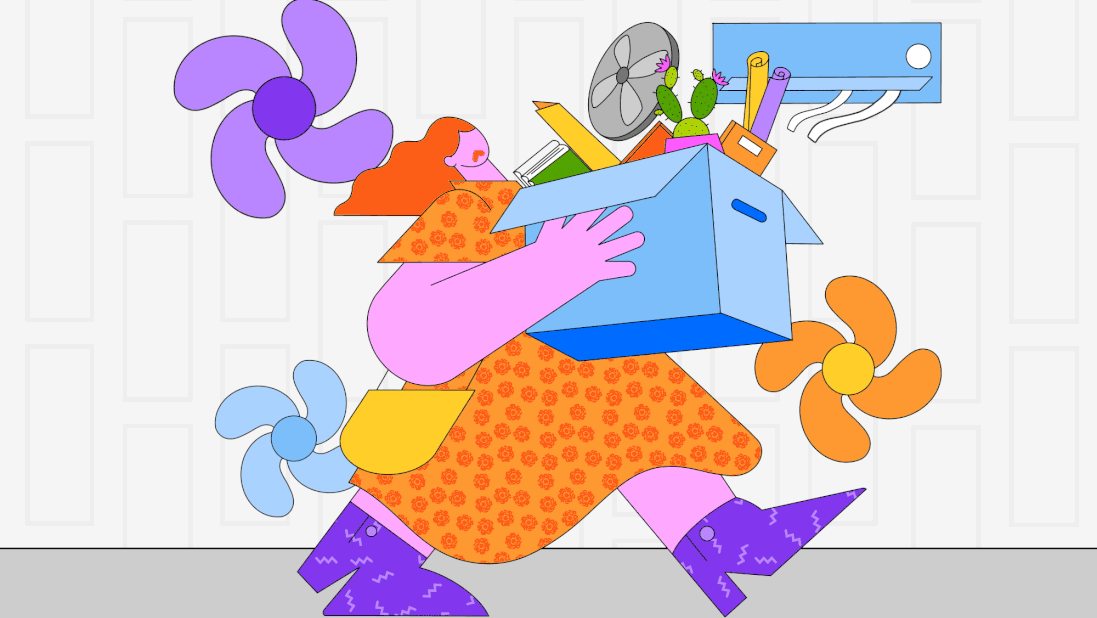My talk in particular is about the genesis of the creative process and how frustration can inspire us as a divine muse, a transformative force that ignites those unique and great ideas that are worth sharing, regardless of our place of origin, amount of resources or culture.
For this third edition of TEDxUNL, in Santa Fe - Argentina, this year's concept is "No borders".
After a year and a half of a global readjustment due to this COVID-19 Pandemic, we need to push our mind-frames into a new direction, one that helps us think beyond what's established, leaving aside models and stereotypes ingrained by culture, traditions and geographies. I am honored to be considered as such of these break-through thinkers to help re-conceptualize this new global reality in a creative manner.
After a year and a half of a global readjustment due to this COVID-19 Pandemic, we need to push our mind-frames into a new direction, one that helps us think beyond what's established, leaving aside models and stereotypes ingrained by culture, traditions and geographies. I am honored to be considered as such of these break-through thinkers to help re-conceptualize this new global reality in a creative manner.
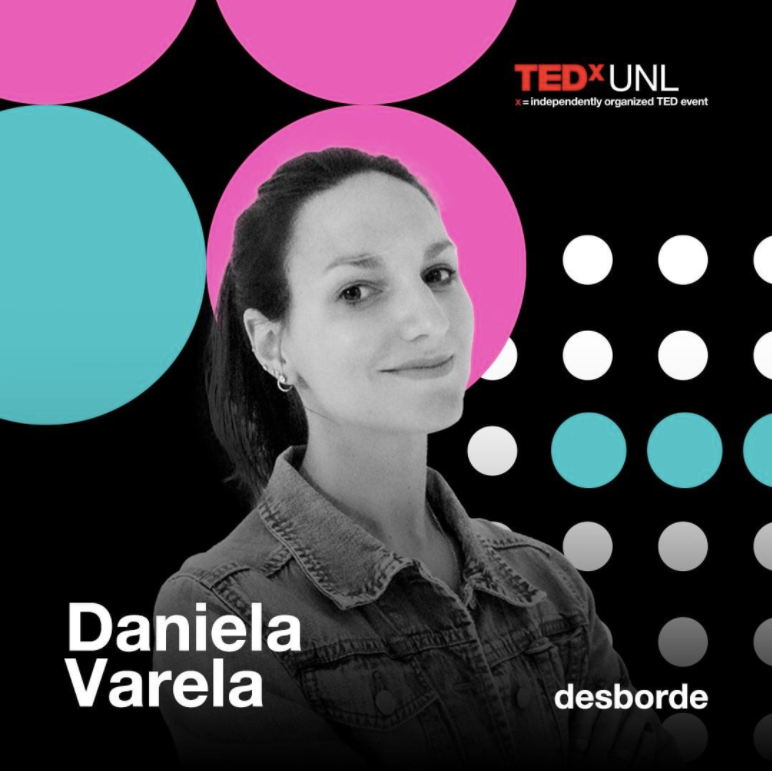
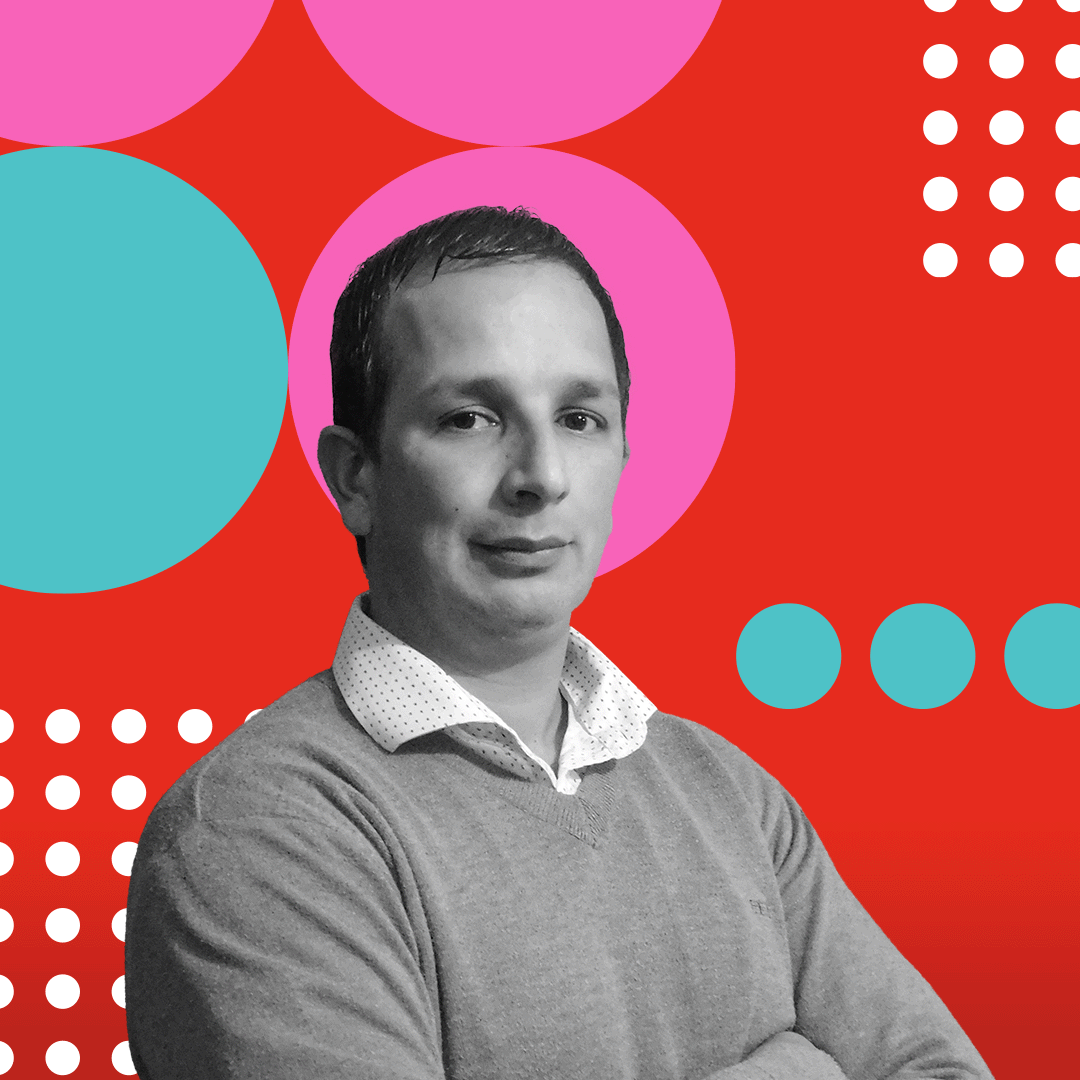
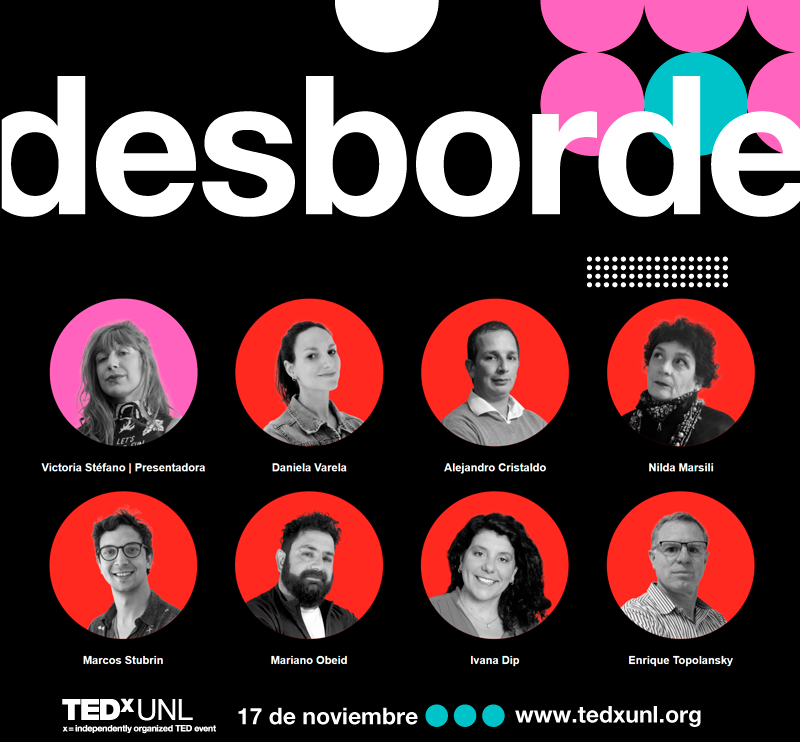
TEDxUNL gathers breakthrough thinkers, industry leaders, academia, researchers and general public in the interest of growth and building networks with global thinking, collective learning and multicultural interaction.
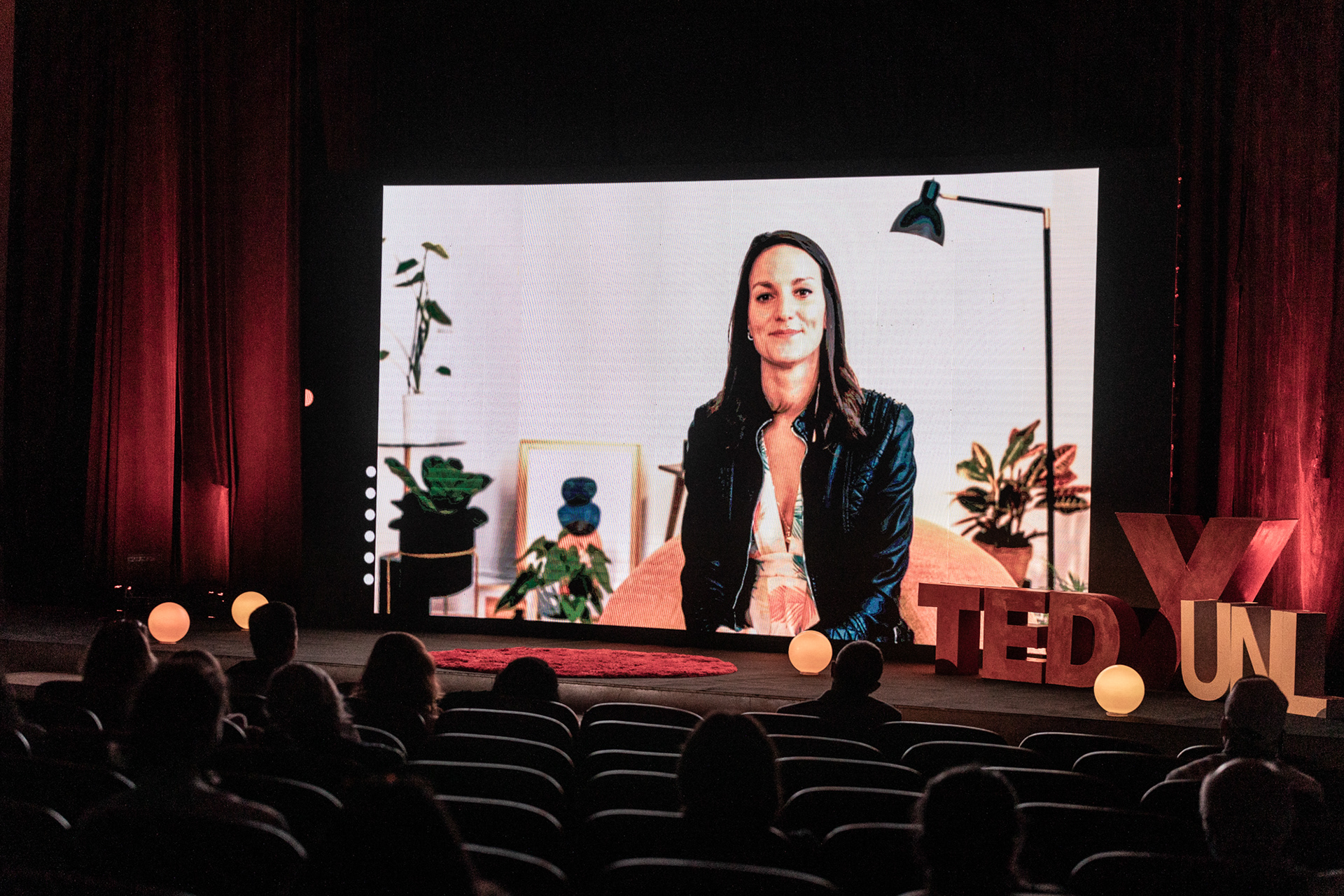
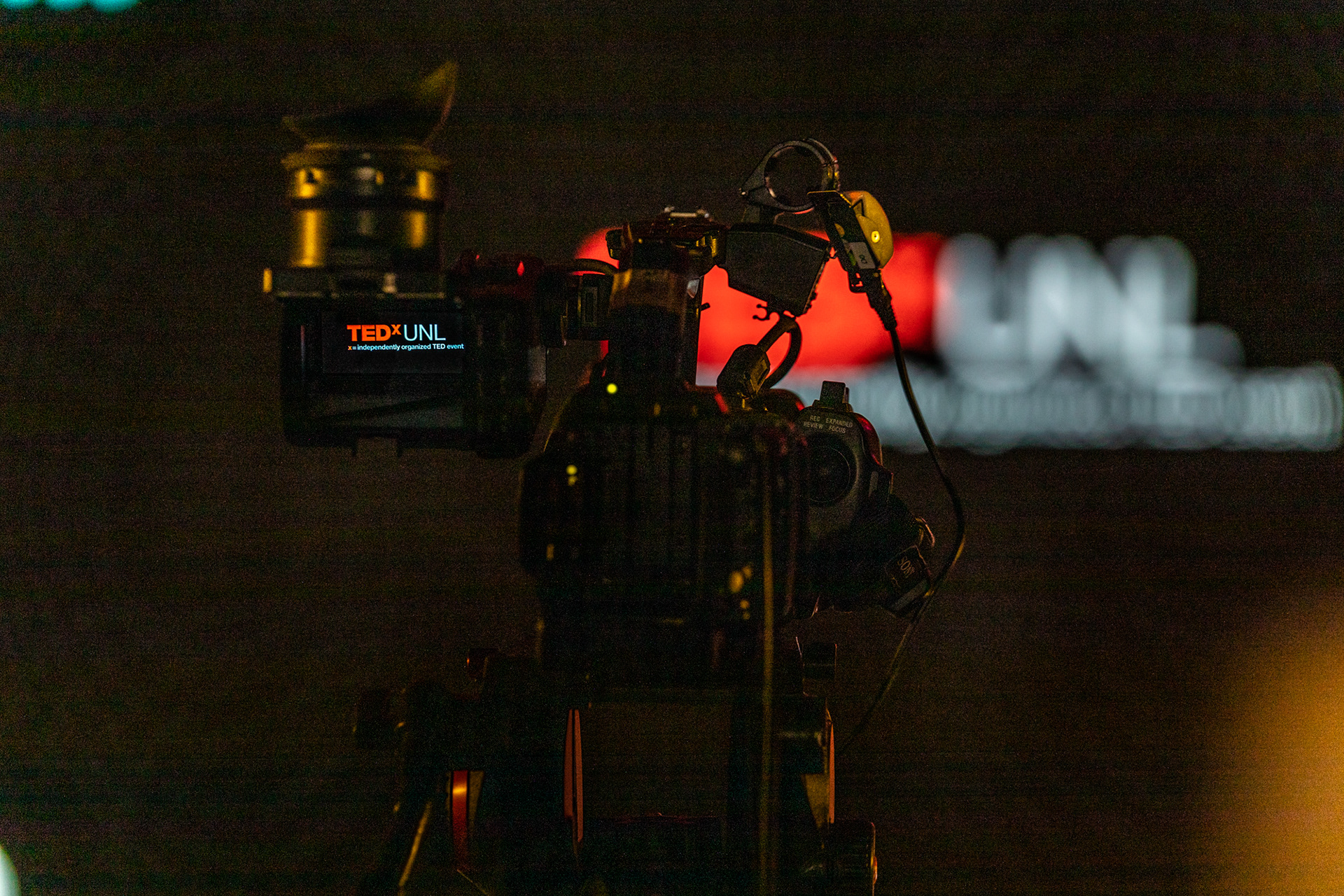
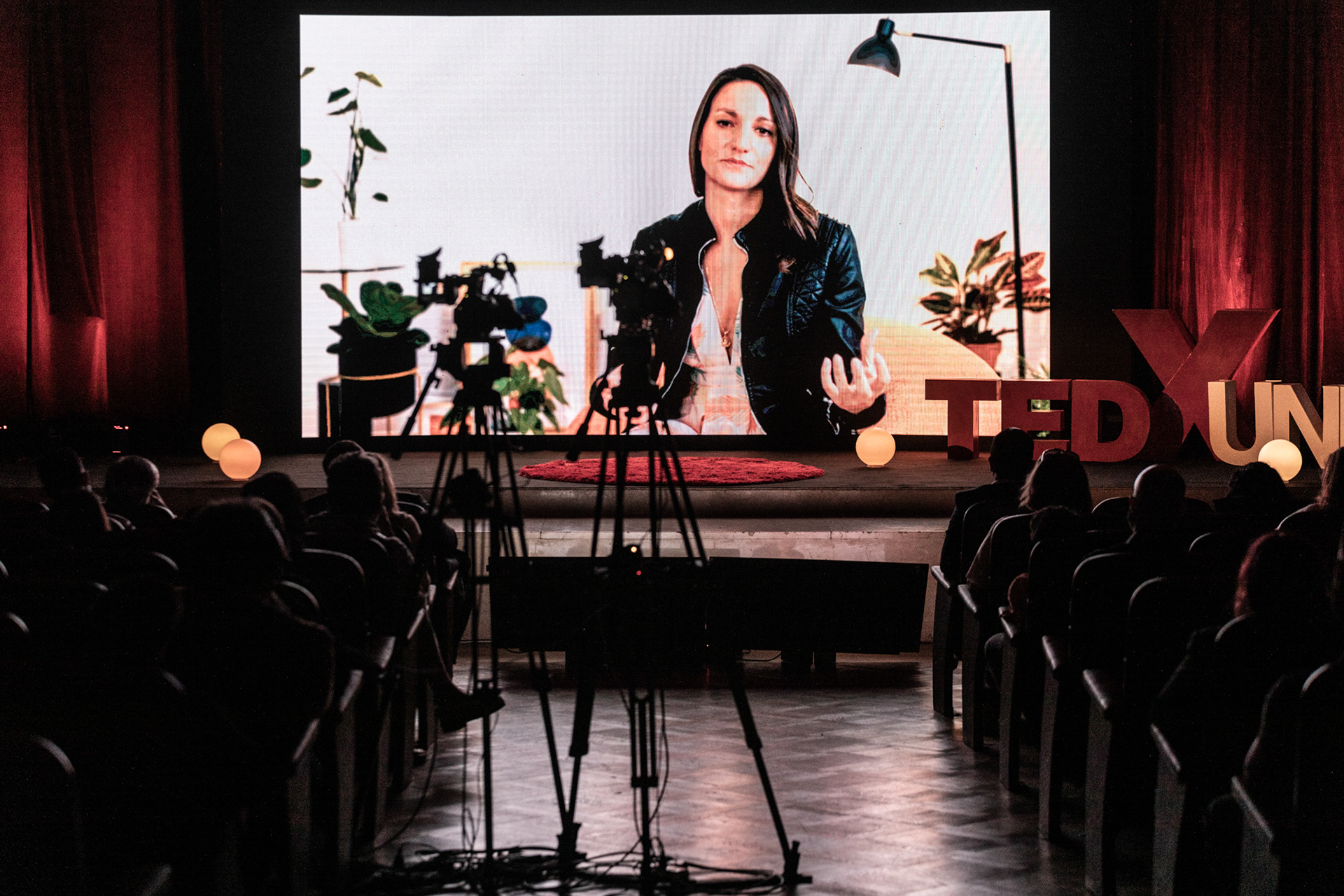
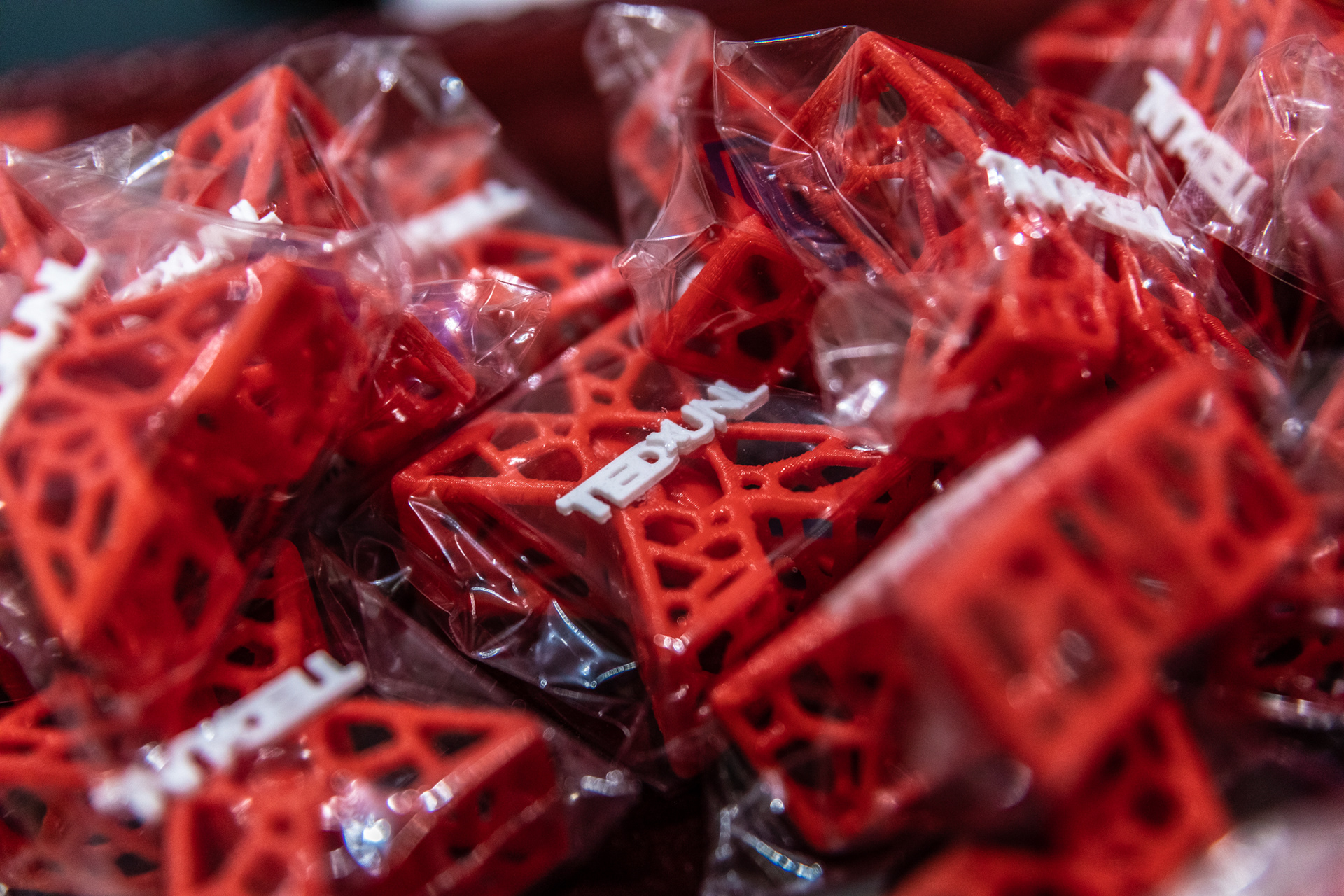
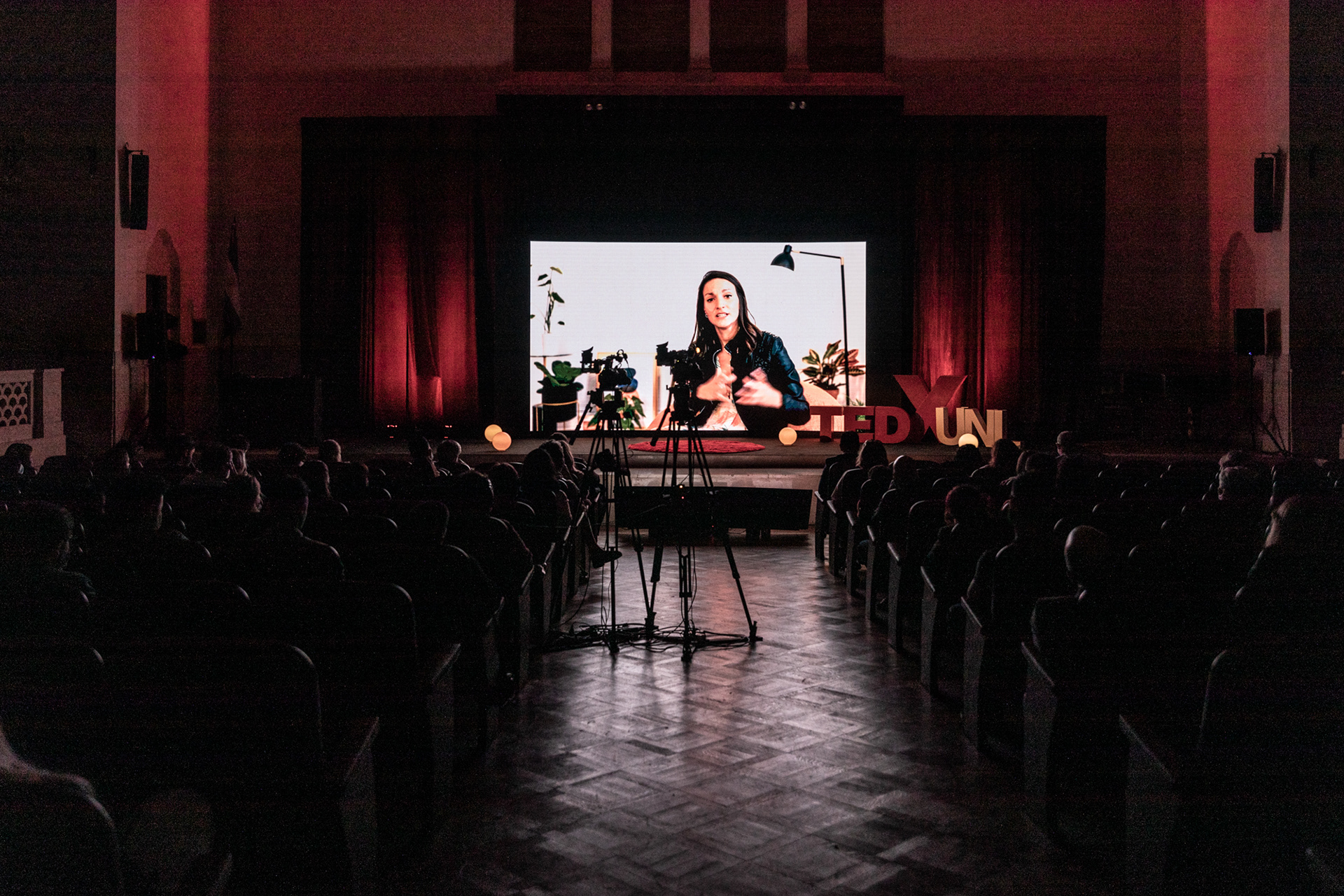
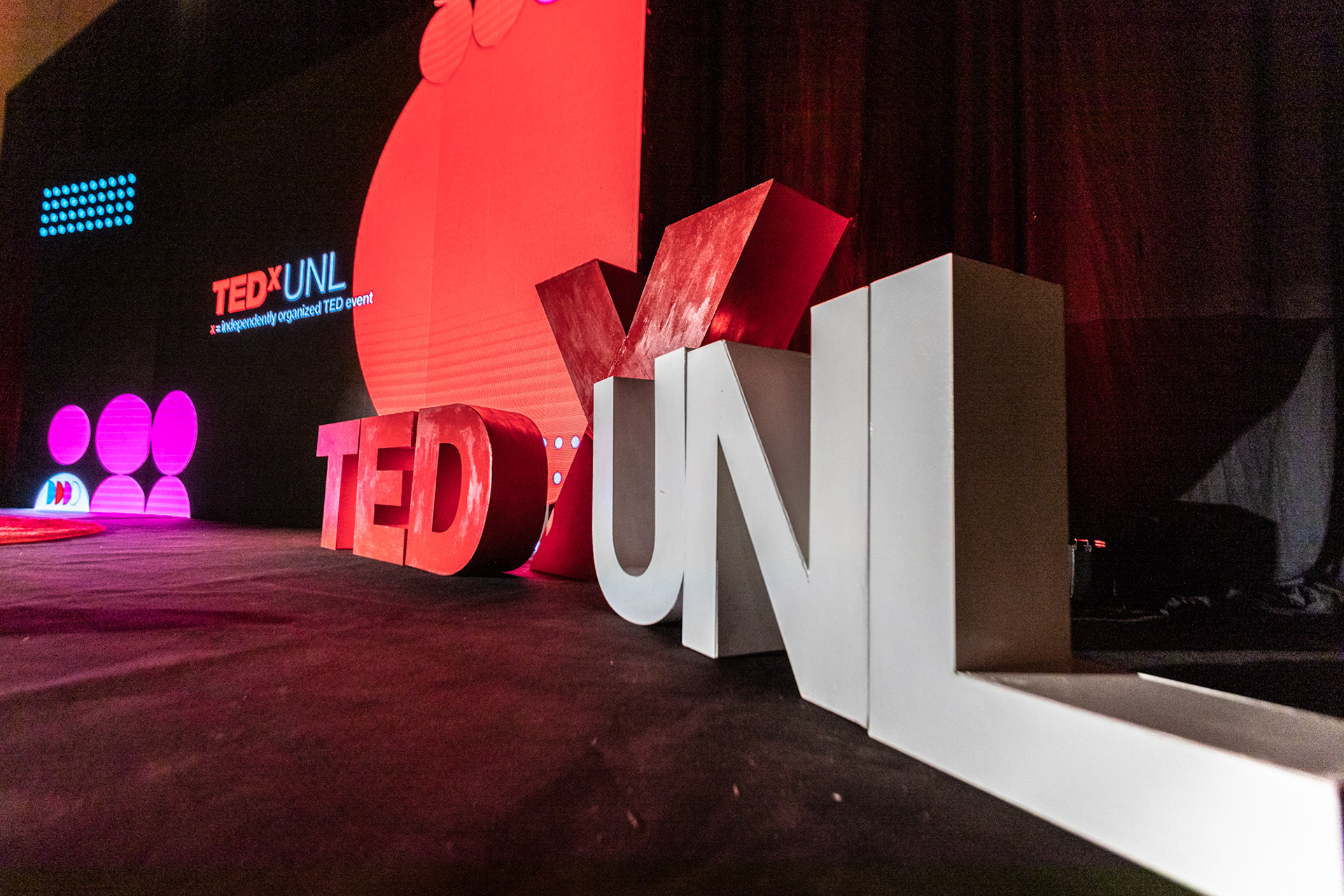
Transcript and transcreation:
In a world where everything is given, being a creative requires moving away from laziness.
Why would I expose myself to failure, frustration, even rejection if I have the solution a click away?
I work as an advertising creative director in the United States, and it’s been already more than 10 years since I’ve been reframing the creative process not only as a profession but as a lifestyle choice.
I work as an advertising creative director in the United States, and it’s been already more than 10 years since I’ve been reframing the creative process not only as a profession but as a lifestyle choice.
I was born in Uruguay where creativity is being conceived in order to solve a problem. “We tie it up with wire” or “when there’s hunger, there’s no such thing as hard bread” the saying goes. IT reflects that resourcefulness and creativity's approach of the Latin-American spirit that showcases the duality between eagerness, ambition, the need of progress and the lack of economic resources.
This makes us extremely valuable overseas since it allows us to speed up things of bureaucratic companies and organizations that get tangled into sensical processes.
In 2014 I moved to Vietnam, and realized that the main source of the creative process was like the one I was used to at home: a bunch of problems, not so much money yet abundance of resourcefulness and wit.
A tiny yet very illustrative example is the iconic straw hat used in Southeast Asia: not only it covers you from the rain, but it provides comfort, shade and coolness at the same time, while being accessible and affordable.
In 2015 I moved to Sweden to pursue my masters, and the conception of creativity was completely different. In a society where every basic need is solved and taken care of, where you already binge-watched all the streaming platforms available, and where you already have kids and everything seems to be going according to the plan, boredom seems to become a faithful friend that visits often. And that’s exactly its source: that nothingness and downtime, is where that creative magic is hidden and stored. Being idle is key to think differently.
It just happens that you start staring at a chair you’ve seen already so many times, but instead of picturing it with 4 legs, you suddenly start imagining it with 3. Hence, innovation -and things like IKEA- happens.
After Scandinavia, in 2016, I had the chance to return to Asia, but this time to a creative, global hub like Singapore. Asia surprised me in a different way: in the merlion country, creativity was on-demand.
Financing the creative process was as important as an idea itself, and sometimes even more, shaping ideas and taking them into the next level, reflecting what McLuhan once said where the Medium becomes the Message. For example, if you merge talent, resources and ideas, you can craft a personalized, tailored-made, ship-shaped hotel in an artificial bay in the middle of downtown Singapore like the Marina Bay Sands.
Currently, I live in New York City, one of the world’s creative meccas. And I'm sorry to tell you that inspiration has its own cost, and it is expensive! It is even more difficult to find here than elsewhere, as paradoxical as this may seem.
It's hard to find because creativity is taken away by everyday hustle: routine life kills it, it withers with productivity, it prostitutes itself with the return on investment. So, obviously, you get frustrated.
It's hard to make friends with that frustration, the one that happens out of living in the most creative place in the world and yet feeling that no matter how much you solve a problem, no matter how much you give meaning and purpose, no matter how much you make things to measure, it will never be enough.
And that's where I realized that in these type of environments, creativity is born from this process:
in the tough and painful exercise of dealing with frustration.
Creativity is born out of frustration.
It is necessary to feel this numbed in order to create.
[In Spanish] When we say "I Believe", we are using two verbs in one: to create from creativity and to create from believing. Necessarily the creative process implies an act of faith, that little bit of uncertainty that separates frustration from satisfaction, sorrow from joy; and yes, unfortunately, the only way to overcome that anguish is simply going through it.
That's the pain that touches us, that frustrates us, that challenges us.
It shows us what we don't want to see, and that's exactly where we must delve and encourage ourselves to discover more, to look further, deeper, with new and fresh eyes.
This is where the transformative power of creativity lies.
Today's society exhausts and limits the creative act.
We are servers in duty, even within the industry where the recipe is to go against the recipes, becoming hostages of processes and less free.
The only way I discovered how to emancipate myself from this lethargy, is by daring.
It requires a lot of courage and vulnerability to be creative under these conditions.
It requires a lot of courage and vulnerability to be creative under these conditions.
This is why we can say that creativity is an inherently seditious, rebellious and dangerous act.
It is a political act, where we redefine ourselves daily.
Being creative is a way of life, where we have two options: generate new things, creating and believing; risking and exposing ourselves, or joining what has already been given and resolved, with simulations of inspiration and innovation.
When I tried to understand only on a logical level, with my thoughts and measure myself with the self-imposed success of a society hostage to productivity and performance, I felt miserable and not at all creative.
When I befriend with this frustration as a creative engine, I felt much more authentic and it allowed me to believe in other things, creating new possibilities.
Let us defend creativity as a liberating, emancipatory act.
Regardless of the continent we are in and its genesis, the creative process in recent years has become utilitarian and has forgotten pleasure.
Let’s reconnect with that pleasure.
reconnect With the pleasure of creating, the pleasure of something well done.
let's fall in love again with the pleasure of beauty,
with that tingling of uncertainty of being one idea away of something extraordinary.
let's fall in love again with the pleasure of beauty,
with that tingling of uncertainty of being one idea away of something extraordinary.
Thank you
Produced with ♥ by TEDx & Universidad del Litoral, Santa Fe.
Special thanks to Matias Mori and Leandro Rivero.
